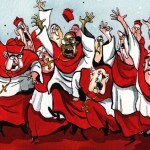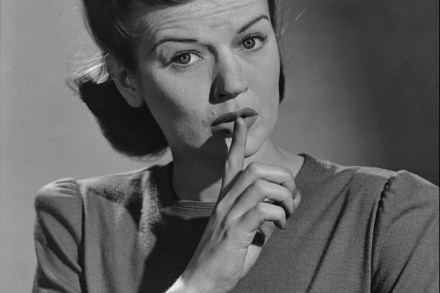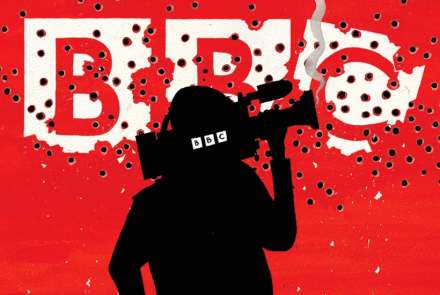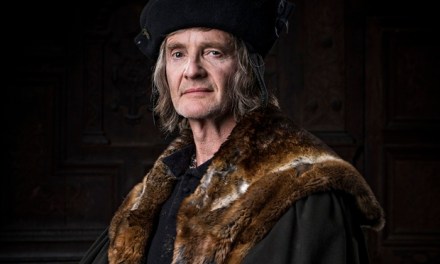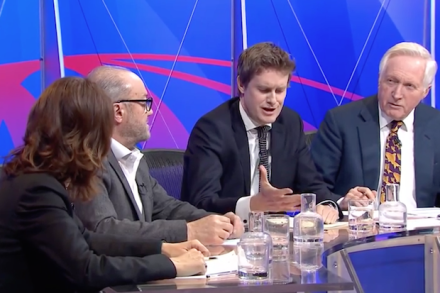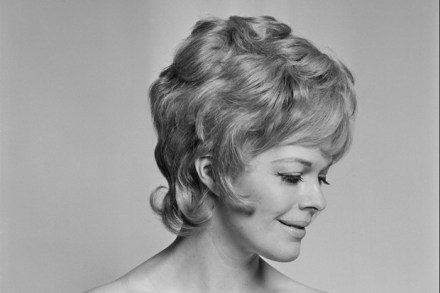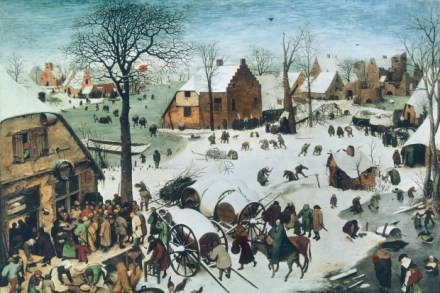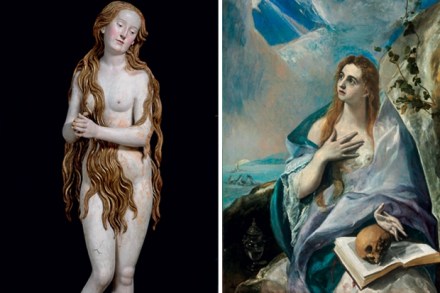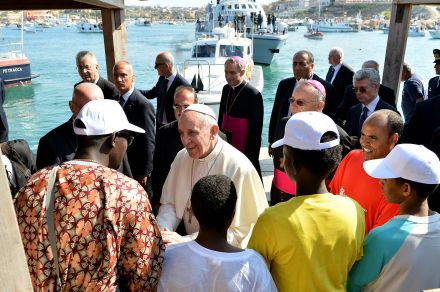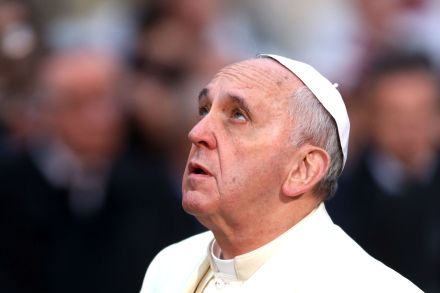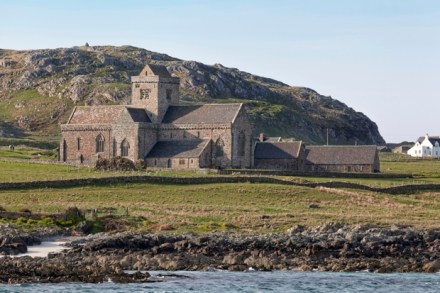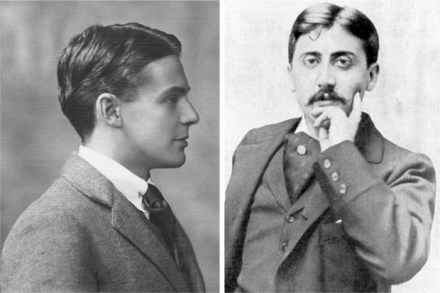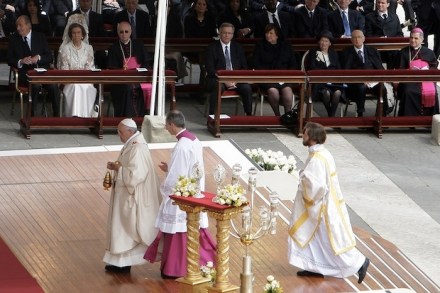Letters | 9 April 2015
In defence of Catholicism Sir: Michael Gove gives an excellent defence of Christianity (4 April), but his embarrassment about the Roman Catholic part of the story is unnecessary. He writes of his discomfort as, declaring oneself to be a Christian, ‘You stand in the tradition of the Inquisition, the Counter-Reformation, the Jesuits who made South America safe for colonisation … the Christian Brothers who presided over forced adoptions’. The Inquisitions (Papal, Spanish and Portuguese) were indeed shameful, but were often as ineffective as the governments that supported them. The Counter-Reformation was a great movement of spiritual and cultural renewal that altered and improved western civilisation. Jesuits, and other religious orders,



